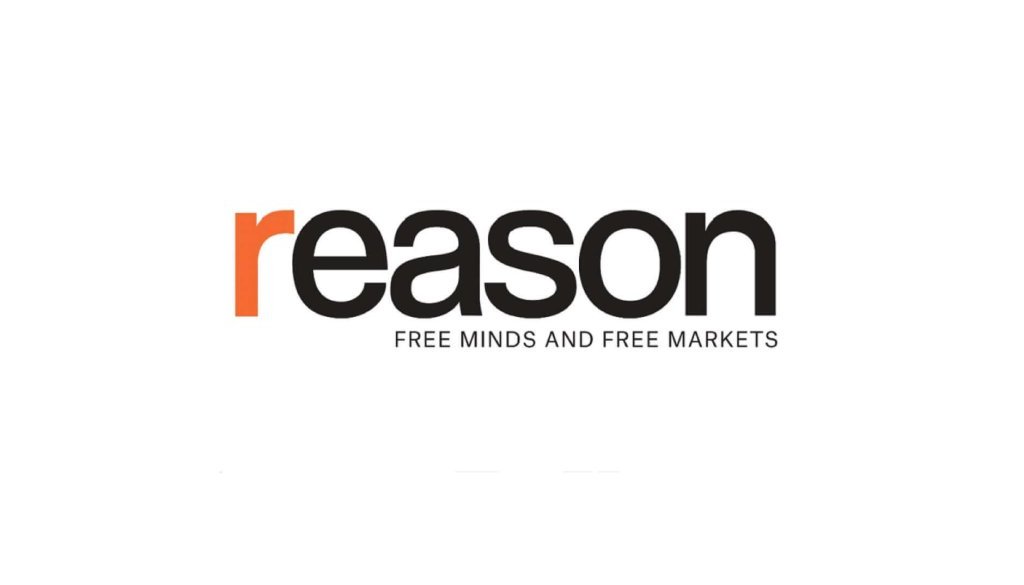Federal Circuit Judges Question Trump’s Discovery of Vast Tariff Powers
Half a century ago, according to the Trump administration, Congress enacted a law that gave the president sweeping authority to completely rewrite U.S. tariff schedules. But for some reason, no president took advantage of that power until last February.
That story received a skeptical reception last week at the U.S. Court of Appeals for the Federal Circuit, and it is not hard to see why. The legal pretext for President Donald Trump’s stiff, wide-ranging, ever-changing import taxes defies credulity as well as the separation of powers.
In February, Trump announced taxes on imports from Mexico, Canada, and China, which he said were aimed at encouraging increased cooperation in the war on drugs. Two months later, he announced a much broader set of “reciprocal” tariffs that applied to dozens of countries, citing “large and persistent annual U.S. goods trade deficits.”
The problems that Trump claimed to be addressing are not new: Drug-related deaths have been rising for decades, and the U.S. has not run a trade surplus since 1975. Yet in both cases, Trump asserted an “unusual and extraordinary threat” that he said constituted a “national emergency” under the International Emergency Economic Powers Act (IEEPA).
Trump’s invocation of that 1977 law was politically appealing but legally dubious. Congress has explicitly authorized tariffs in several statutes, all of which involve conditions, limits, and procedures that Trump found inconvenient.
IEEPA, by contrast, does not mention tariffs at all. And as Assistant Attorney General Brett Shumate conceded during oral arguments before an 11-judge Federal Circuit panel l
Article from Reason.com

The Reason Magazine website is a go-to destination for libertarians seeking cogent analysis, investigative reporting, and thought-provoking commentary. Championing the principles of individual freedom, limited government, and free markets, the site offers a diverse range of articles, videos, and podcasts that challenge conventional wisdom and advocate for libertarian solutions. Whether you’re interested in politics, culture, or technology, Reason provides a unique lens that prioritizes liberty and rational discourse. It’s an essential resource for those who value critical thinking and nuanced debate in the pursuit of a freer society.




